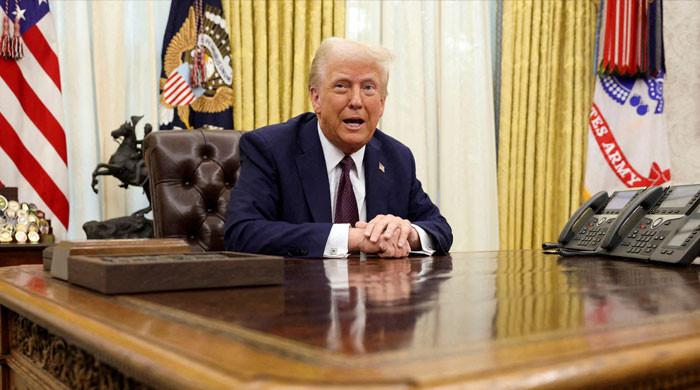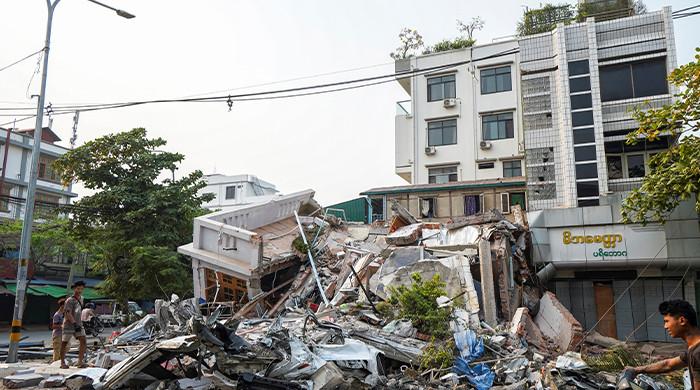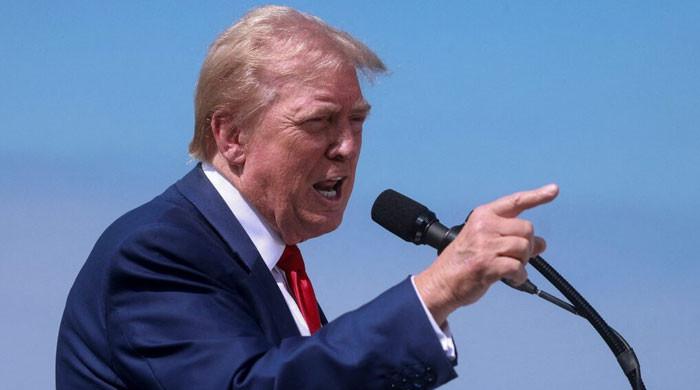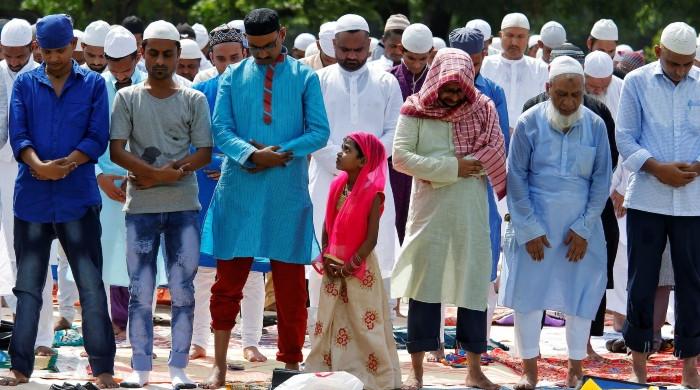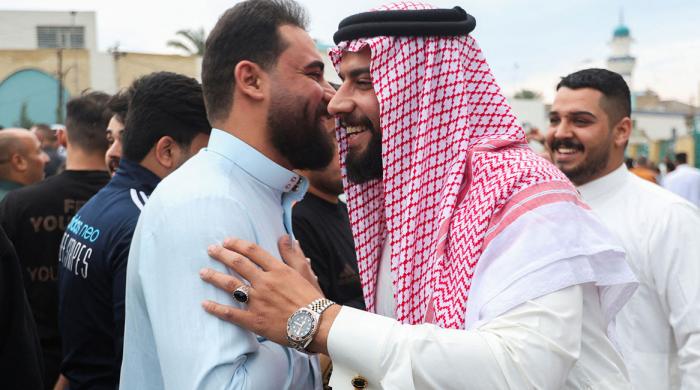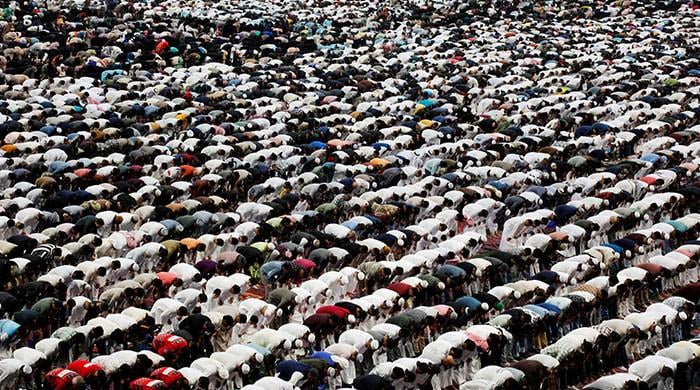Taliban's Mullah Abdul Ghani Baradar included in Time's 100 most influential people of 2021
"Baradar represents a more moderate current within the Taliban," reads his profile on Time
September 16, 2021
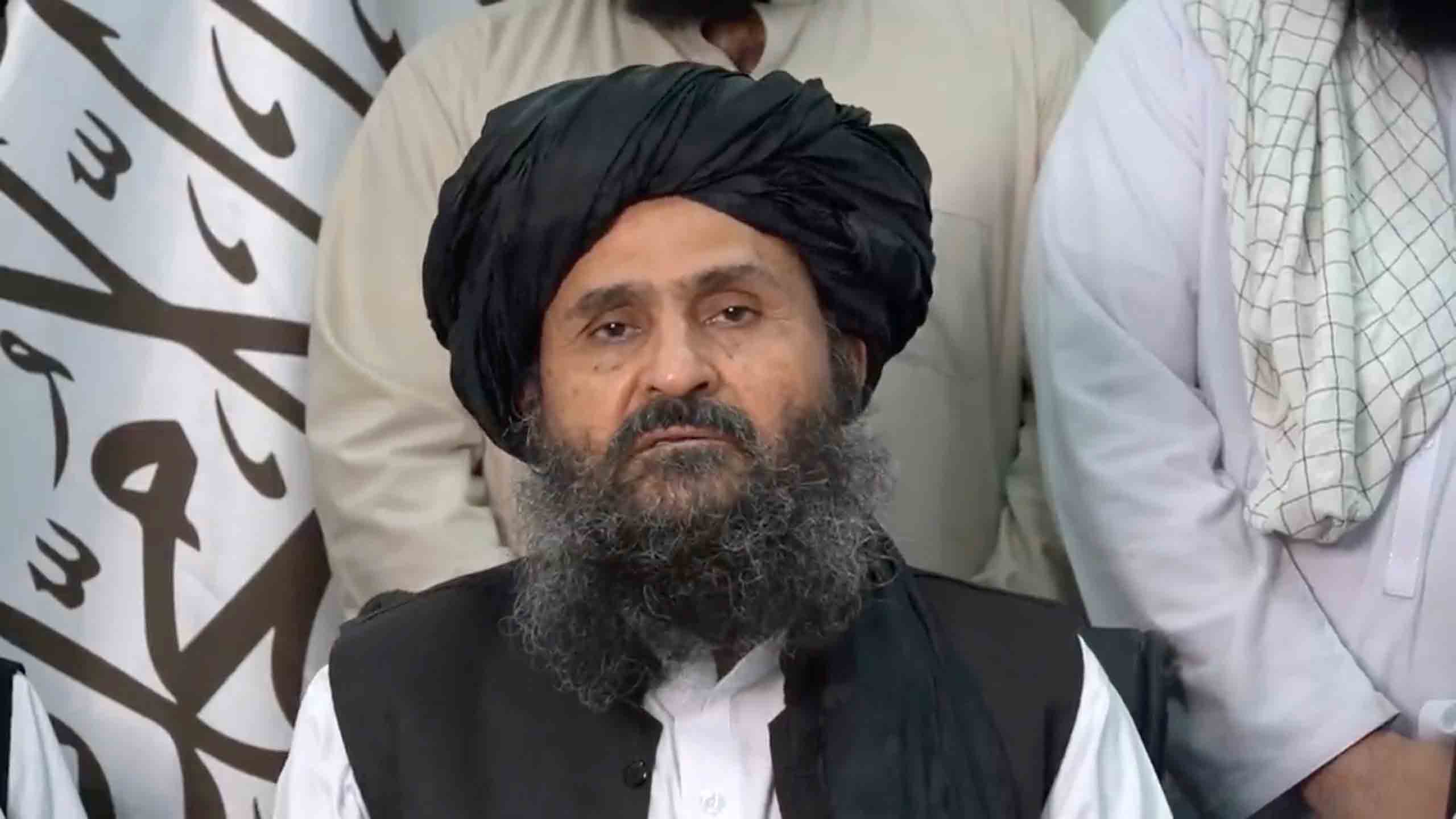
- "Baradar represents a more moderate current within the Taliban," reads his profile on Time.
- Baradar was instrumental in leading peace talks with US, Western countries.
- Peace talks helped vacate foreign forces from Afghanistan.
Taliban co-founder and veteran military commander Mullah Abdul Ghani Baradar has been included in Time magazine's 100 most influential people of 2021.
Baradar's profile has been penned by veteran journalist Ahmed Rashid, who refers to him as a "deeply pious figure" and a charismatic military commander.
He is also, as his profile accurately reads, one of the moderate faces of the group.
"A quiet, secretive man who rarely gives public statements or interviews, Baradar nonetheless represents a more moderate current within the Taliban, the one that will be thrust into the limelight to win Western support and desperately needed financial aid.
"The question is whether the man who coaxed the Americans out of Afghanistan can sway his own movement," reads his profile.
Some others to make the list are Afghan women's rights activist Mahbouba Seraj, US President Joe Biden and Vice President Kamala Harris, Indian Prime Minister Narendra Modi, Chinese President Xi Jinping, former US president Donald Trump and newly elected Iranian President Ebrahim Raisi.
Early life and profile
Baradar was born in the war-ravaged country's Uruzgan province in 1968 and raised in Kandahar – the country’s second-largest city.
Like most Afghan leaders of his time, Baradar also took up arms against Soviet troops and fought against them in the 1980s. After the Soviets departed from Afghanistan, the country fell to a torrential civil war, as the mujahideen fought for territories.
The civil war left Mullah Baradar dejected, who moved to Kandahar where he set up a religious school with Mohammad Omar.
Mullah Baradar helped Mullah Omar found the Taliban movement in the early 1990s. He was very close to Mullah Omar and went on to marry his sister.
It is said that Mullah Omar was the one who named him "Baradar" which translates to brother.
During the Taliban government from 1996-2001, Baradar served on key military and administrative positions. He was serving as the deputy minister of defence when the Taliban was toppled from power in 2001.
He fled to Pakistan after the US invasion and was arrested in 2010. Photographs of him being paraded in chains by the Pakistani authorities were widely shared on social media.




